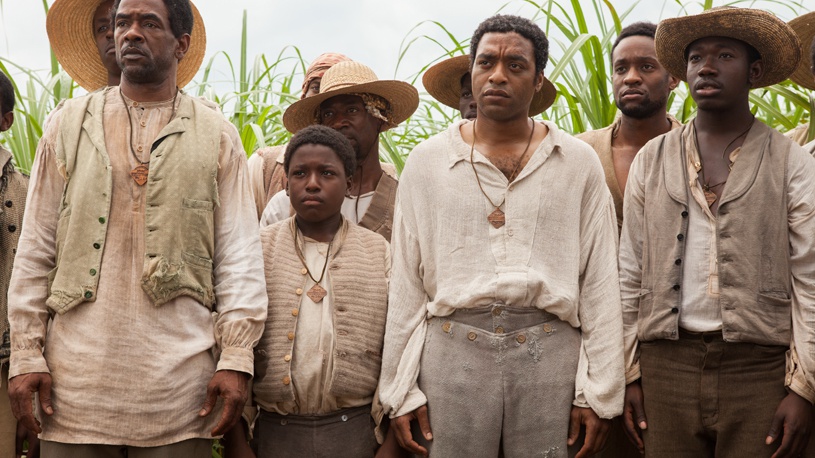By Martin Castro (The Cascade) – Email
Print Edition: November 12, 2014

On Thursday November 26, 12 Years a Slave was shown in B101 as part of a series of film screenings at UFV titled Slavery, Race, and Civil Rights in the Americas. The program, organized by history professors Geoffrey Spurling and Ian Rocksborough-Smith, focuses on the portrayal and history of civil rights-related topics in both North and South America, as well as the narratives told through film as they relate to slavery and civil rights.
The film is also linked to two courses currently being offered, History 358 on African slavery in the Americas, and History 370, on the civil rights movement.
Spurling said another goal of the film screenings was to “foster events at [UFV].” He noted that having a commuter campus can lead to a less involved student body, and that one of the purposes of this event was to “try and get people to [watch] films and engage in discussions about them.”
12 Years a Slave focuses on the story of Solomon Northup, a free African-American man who was kidnapped and sold into slavery despite living in New York, a state where slavery had been made illegal — an occurrence which, Spurling said, wasn’t uncommon at the time. The film, directed by Steve McQueen, graphically portrays the depravity of the slave trade while still telling a compelling story. One aspect which Spurling thought was particularly accurate was the portrayal of slave culture in plantations. The bonding together of human beings in conditions as adverse as slavery was another point the film managed to communicate very strongly, as well as depicting the horror of slavery in a stark and unflinching manner.
Although the subject matter was difficult to watch at points, the audience was engrossed in the story, perhaps because of how dire Solomon Northup’s situation was, as well as the way in which it was portrayed. The film also spurned some brief discussion after its screening, as several students and Spurling spoke on the evolution of the civil rights movement and the nature of slave ownership, as well as Solomon’s life after he regained his freedom.
As part of the film series, two more films will be shown, on February 22, and March 19.


